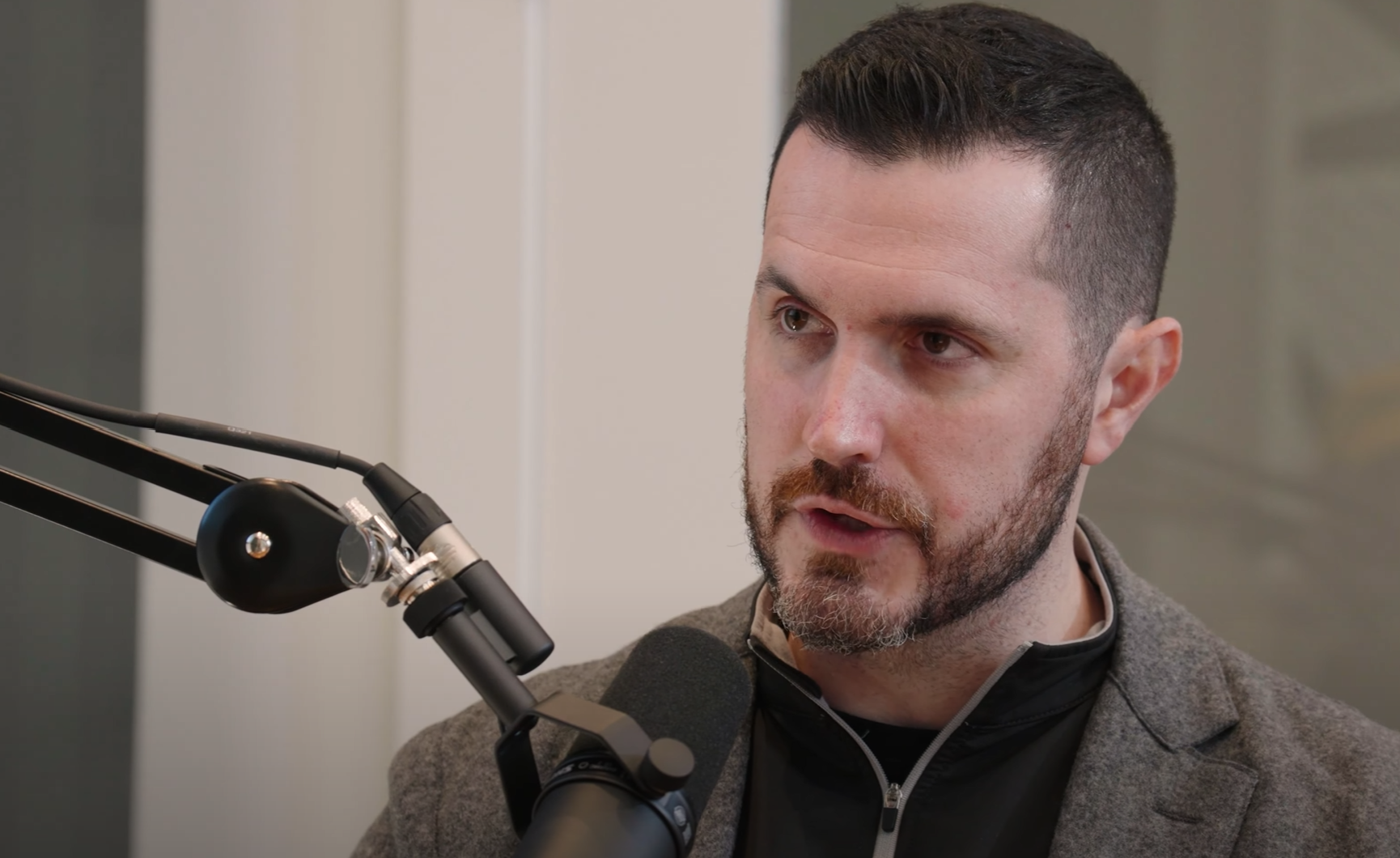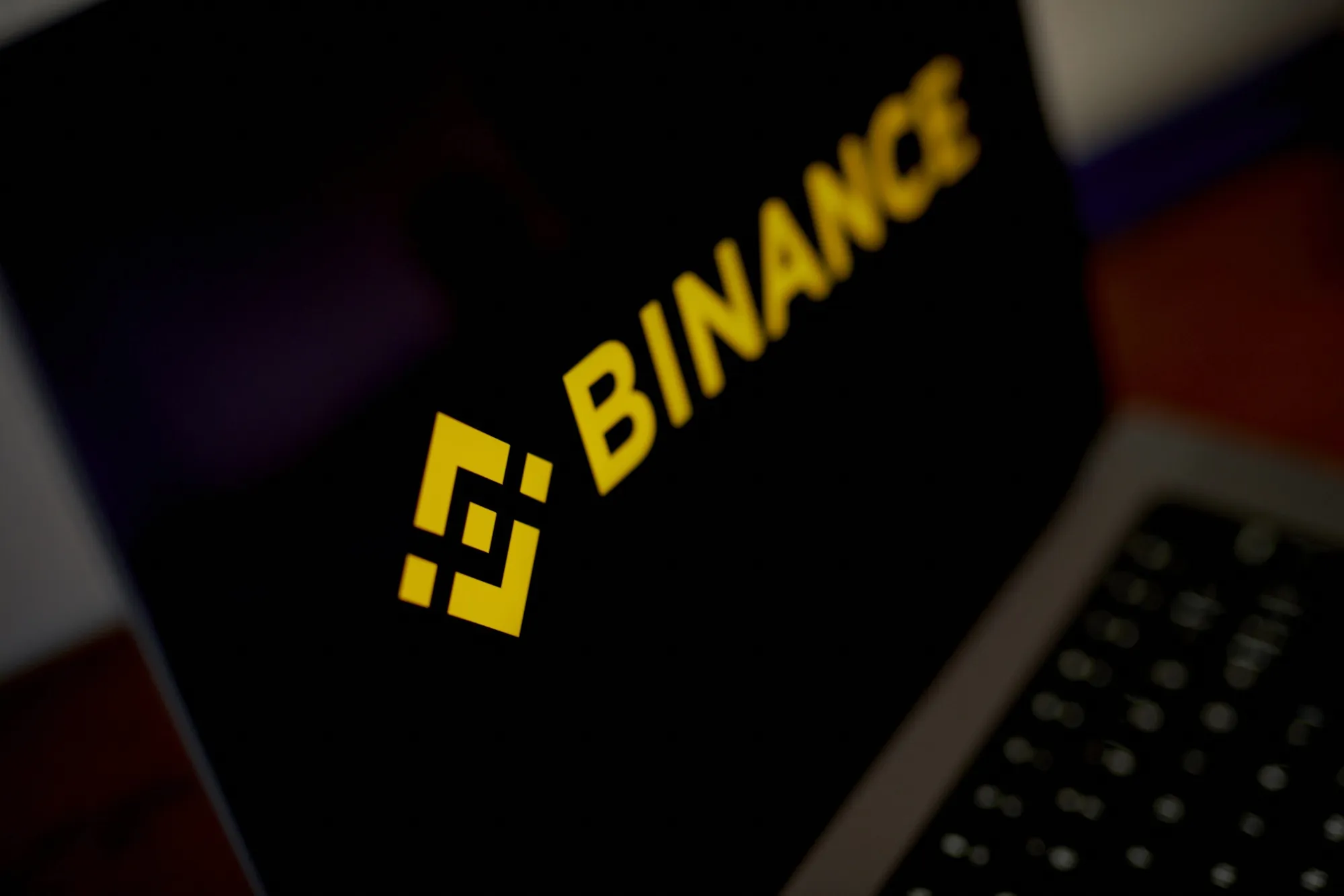Samuel Kullmann, a Swiss lawmaker, won a resounding majority vote in favor of Bitcoin mining research that aims to optimize local electricity infrastructure
Dennis Porter, a proponent of Bitcoin, asserts that Switzerland may adopt Bitcoin as a result of Kullmann’s plan, which received approval on November 28.

The Bitcoin policy will now investigate how the largest decentralized proof-of-work blockchain in the world may “use otherwise wasted energy” and stabilize the Swiss energy grid. The Swiss Parliament voted 85:46 in favor of Kullmann’s motion.
Given that the BTC halving generated a tremendous deal of interest from Swiss citizens, the country’s journey to adopt a Bitcoin policy is not surprising. According to an April report by crypto.news, Zurich, the biggest city in Switzerland, was the top search result for BTC halving on Google.
Europe dominated Google searches for information about the trillion-dollar cryptocurrency and its code revisions, even though the U.S. had approved spot Bitcoin exchange-traded funds months before. Every four years, the Bitcoin mining incentive undergoes a 50% reduction to maintain scarcity and control inflation.
According to financial documents, the Swiss Central Bank purchased MicroStrategy stock back in August. Purchasing MSTR might give investors indirect exposure to the popular digital commodity, as it is the biggest corporate Bitcoin holder with a $35 billion treasury.
In 2024, as institutional demand for Bitcoin increased and fears about inflation grew globally, the implementation of BTC policy intensified globally. Both Brazilian and American lawmakers suggested setting up strategic national Bitcoin reserves.

Ken Sim, the mayor of Vancouver, added that the city should diversify its investments by keeping Bitcoin on its sovereign balance sheet. Corporations from all over the world invested millions of dollars in Bitcoin treasuries, following Michael Saylor’s software giant’s paradigm.



